Education and Art
Article By Sabine Leitner
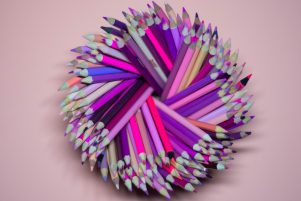 There are many studies that show that involvement in the arts can lead to increased academic performance. Dance, drama, music, and the visual arts in the school curriculum enable children to develop self-confidence and self-understanding, problem solving skills, perseverance and discipline, focus and concentration, creativity, self-directed learning, collaboration and many others – these are all skills that are increasingly important in the workplace and keys to a successful career. Another valuable aspect of art in education is that young people discover the power of their own potential for expression, which is vital for our psychological well-being and happiness.
There are many studies that show that involvement in the arts can lead to increased academic performance. Dance, drama, music, and the visual arts in the school curriculum enable children to develop self-confidence and self-understanding, problem solving skills, perseverance and discipline, focus and concentration, creativity, self-directed learning, collaboration and many others – these are all skills that are increasingly important in the workplace and keys to a successful career. Another valuable aspect of art in education is that young people discover the power of their own potential for expression, which is vital for our psychological well-being and happiness.
However, in this article I would like to leave the ‘well-travelled road’ of the academic mainstream and explore another dimension of the educational value of art for the unfoldment of the human potential: the power of art to develop our innersenses. Although sound, colour, texture, etc. play on our physical senses and can be received as very pleasant stimuli, beauty and meaning (in my view, theatre is more about meaning than beauty) are not perceived by our physical senses but by our inner senses. Otherwise, we would all be able to see the same beauty and meaning in things, but this is not the case as the old dictum of ‘beauty is in the eye of the beholder’ shows.
It is obvious that in order to perceive anything we need to develop organs of perception. To be able to see we need to develop eyes, to be able to capture sound waves we need to develop ears. If we did not have a nose, smells and fragrances would be non-existent for us.
But seeing and hearing alone are not enough to enable us to perceive beauty. Everyone with healthy ears can hear a piece of music, but not every person will be able to resonate with its beauty. The difference lies in our inner sense and not the physical sense. To be able to appreciate the beauty of music, dance or poetry, or the profound meaning of a play we need to develop our inner senses.
We probably all have an experience of how our inner senses have grown and developed over time. A piece of music that did not touch us when we were younger has now become very beautiful. A book we read some time ago and which was maybe not particularly interesting then, is suddenly full of meaning and we can hardly believe that we have read that book before. What has changed? Not the notes of the music or the words of the text, but our inner ability to perceive their beauty and meaning. It seems that while our physical ability to see and hear diminishes naturally with age, our inner senses grow over time, and we are able to see more with our heart and the eyes of our mind.
All perception is a question of resonance. A string or a tuning fork will resonate when another instrument emits the frequency it is tuned to. A different note will not make it resonate. Developing these inner senses is like developing tuning forks that are able to resonate with more and more subtle vibrations.
Why do these inner senses matter? Because they enable us to access higher realities. Psychology speaks about different types of intelligence and the inner senses develop our aesthetic intelligence. We could say that aesthetic intelligence is the faculty of perceiving beauty and appreciating it in ever more subtle ways. Aesthetic intelligence allows us to experience heightened states of consciousness (e.g. the experience of beauty and meaning) and to love and value life more because we can see more of its beauty and meaning.
Our outer senses inform us about the external world where things can be defined, measured and quantitatively assessed. However, our inner senses enable us to perceive quality rather than quantity. Our inner senses develop our discernment and also our own inner compass for what is good, right and beautiful.
How can we develop our inner senses? There are usually many roads that lead to Rome, but I believe that the exposure to great works of art and the practice of art are invaluable tools to support this process. Exposure to art and the possibility of practising an art should be part of every good education. Taste is acquired and needs to develop over time. Without an appropriate education, the beauty and the meaning of the greatest works of art will probably be non-existent in the same way as colour does not exist for a blind person. Great art needs an education to be appreciated. Only an education that includes art will ensure that the greatest works of art can continue to be sources from which future generations will be able to draw strength and inspiration.
It seems to me that evolution is a reaching for ever higher levels of consciousness, like a stairway towards higher realities. From the sensible to the intelligible, from the phenomenon to the noumenon, from physical beauty to transcendent beauty, from the literal to the symbolic. Art has always been a bridge between the two worlds and art in education and an education in the arts can therefore help us to realize our human potential.
“Beauty is truth, truth beauty – that is all ye know on earth, and all ye need to know.”
Ode on a Grecian Urn by John Keats
“Music is the one incorporeal entrance into the higher world of knowledge which comprehends mankind but which mankind cannot comprehend.” Beethoven
“Nulla Aesthetica sine Ethica, Nulla Ethica sine Aesthetica.” (No Aesthetics without Ethics, No Ethics without Aesthetics) – Words written on the building of the Reina Sofía Higher School of Music in Madrid.
“There is such a thing as a stairway of beauty, a progressive appreciation and sense
of the beautiful. Taste has to evolve and reach maturity and refinement.” N. Sri Ram
Image Credits: By Lucas George Wendt | pxhere | CC0
The entity posting this article assumes the responsibility that images used in this article have the requisite permissionsImage References
By Lucas George Wendt | pxhere | CC0
Permissions required for the publishing of this article have been obtained
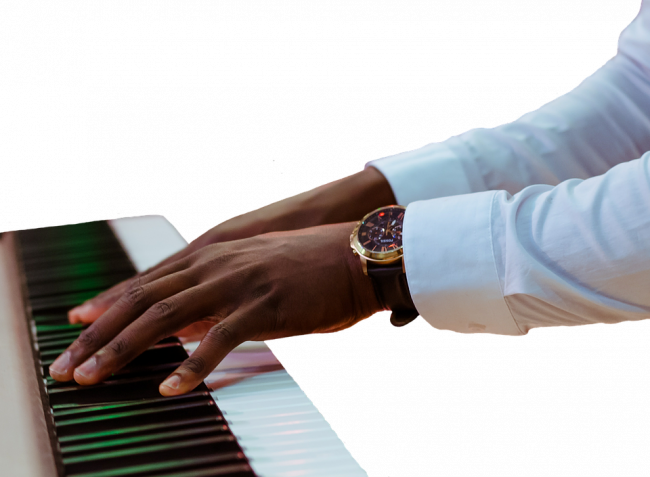
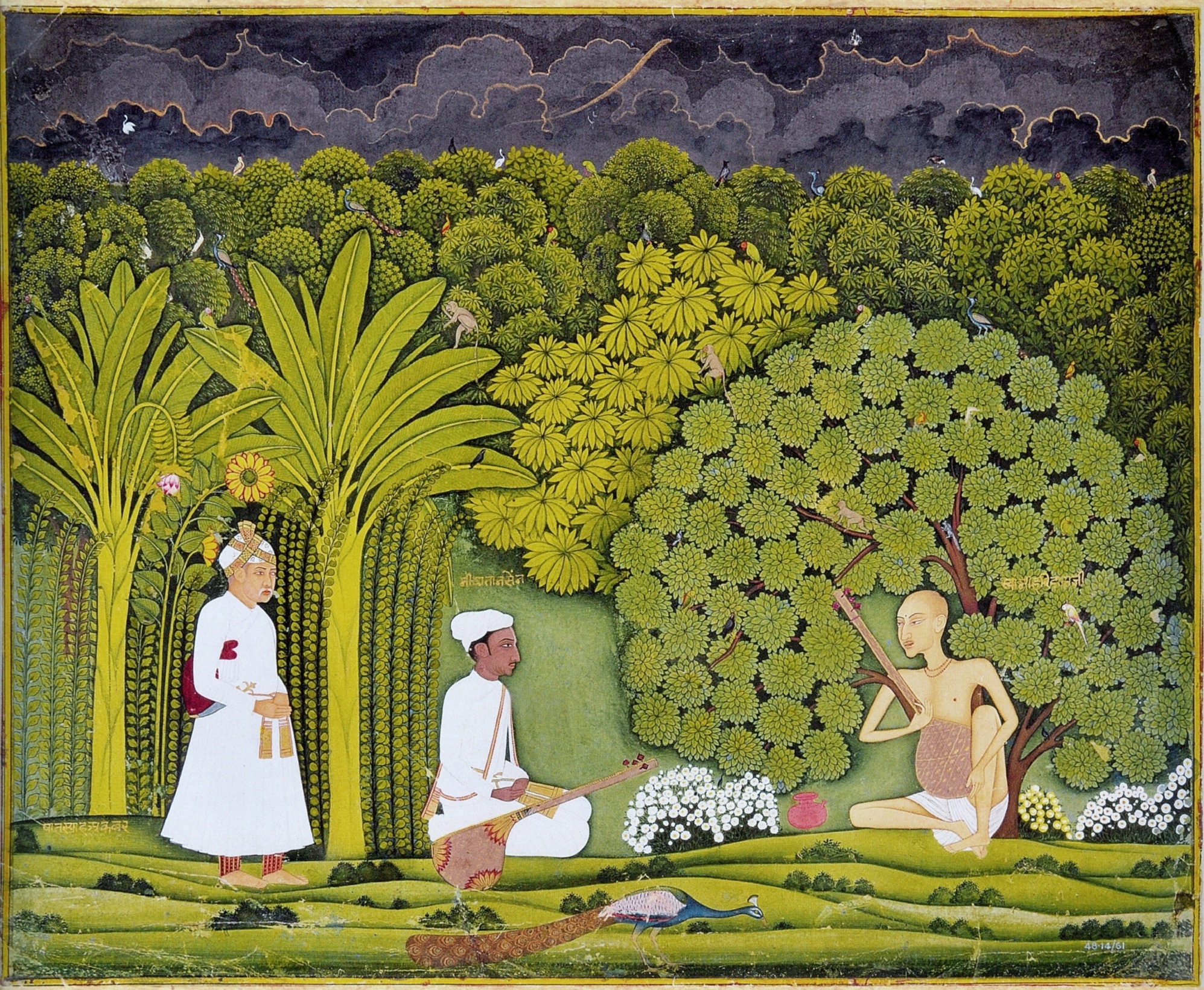
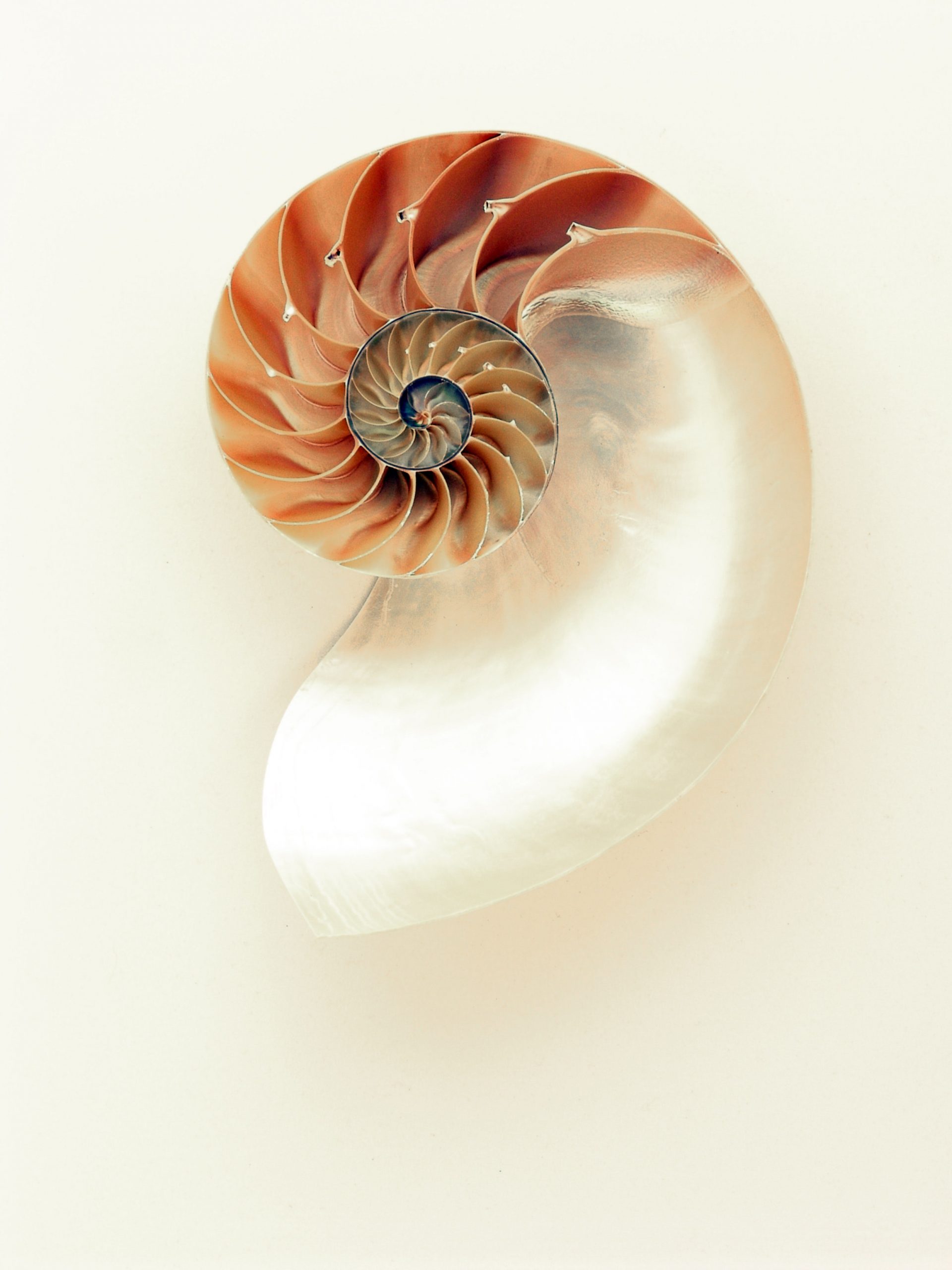
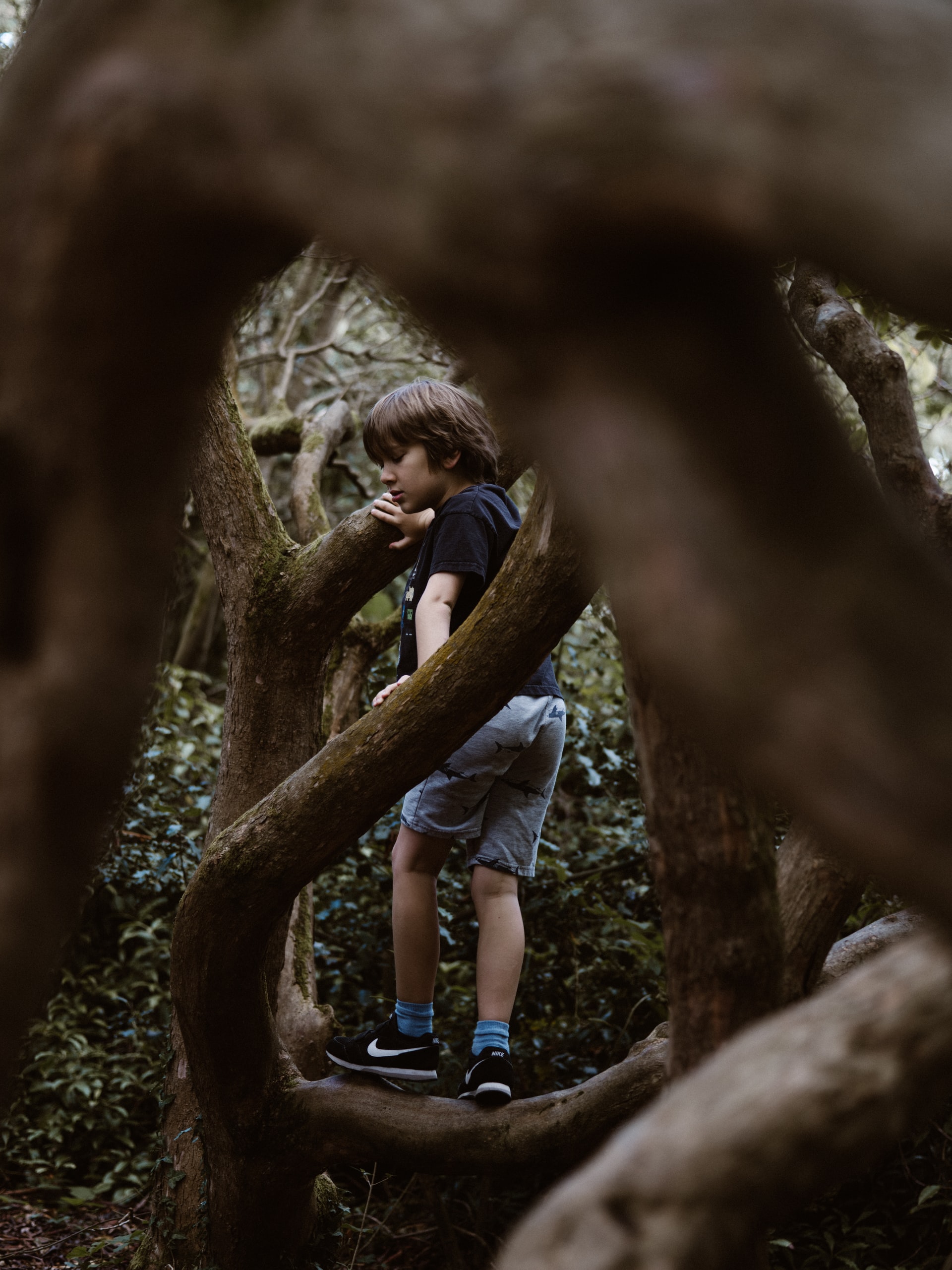
What do you think?